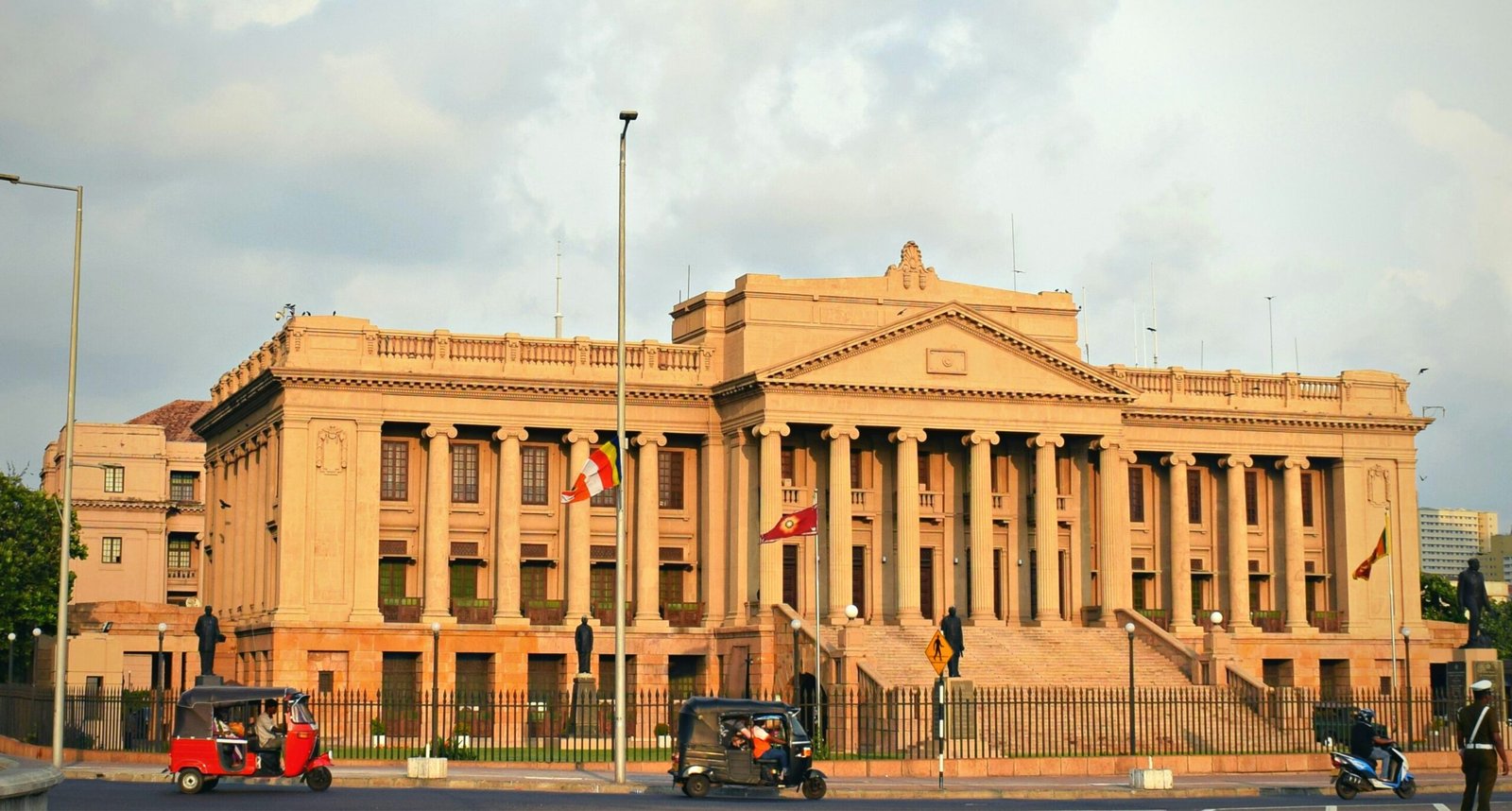Have you ever felt lost in a sea of bureaucracy, unsure where to turn for help? Enter the world of Ombudsmänner, the unsung heroes of public service. These individuals play a crucial role in bridging the gap between citizens and government entities, ensuring that your voice is heard and your concerns are addressed. As advocates for fairness and accountability, Ombudsmänner not only provide guidance but also foster trust within our communities. Let’s dive deeper into what defines an Ombudsman, their evolution over time, and why they matter more than ever in today’s complex society.
Definition of Ombudsmen
Ombudsmänner are appointed officials tasked with addressing complaints from the public regarding government actions or policies. They serve as impartial intermediaries, ensuring that individuals have access to justice and fair treatment.
The term “ombudsman” originates from Swedish, meaning “representative.” This role has expanded globally, adapting to various cultural contexts while maintaining its core principles of accountability and transparency.
Ombudsmänner investigate grievances impartially. They provide recommendations for resolution but do not wield formal power over organizations. Their authority lies in advocating for citizens’ rights and holding institutions accountable.
In essence, they empower individuals by providing a voice against injustices encountered within bureaucratic systems. Through their work, Ombudsmänner enhance democratic practices by promoting fairness and trust between the public and governmental bodies.
History and Evolution of Ombudsmen
The concept of ombudsmen dates back to Sweden in the early 19th century. The first official ombudsman was appointed in 1809, tasked with overseeing government actions and ensuring accountability.
As this idea gained traction, other countries began adopting similar roles. By the mid-20th century, nations like New Zealand and Finland established their own versions, focusing on citizens’ rights and complaints against public authorities.
Over time, the role has evolved significantly. Initially focused on state affairs, modern ombudsmänner now address various issues ranging from healthcare grievances to environmental concerns.
Technological advancements have also played a part in their evolution. Today’s ombudsmannen leverage digital platforms for accessibility and efficiency, enabling citizens to voice their concerns faster than ever before.
This progression reflects society’s growing demand for transparency and accountability within public service structures across the globe.
The Role and Responsibilities of Ombudsmen
Ombudsmänner play a pivotal role in maintaining fairness and accountability within public service. They act as intermediaries between the government and citizens, ensuring that individuals have a voice when facing grievances.
Their primary responsibility is to investigate complaints against public agencies. This involves gathering information, conducting interviews, and analyzing policies to determine if any wrongdoing has occurred.
Ombudsmänner also provide recommendations to improve services and prevent future issues. Their insights help shape better practices across various sectors.
Additionally, they educate the public about their rights and how to navigate bureaucratic processes. By promoting transparency, they build trust between institutions and communities.
Ombudsmänner serve as guardians of justice in societal frameworks, making sure everyone has access to fair treatment without bias or favoritism.
Types of Ombudsmen (National, Regional, Local)
Ombudsmen come in various types, each serving unique functions within different layers of government.
National ombudsmen operate at the federal level. They address complaints against national agencies and ensure accountability on a larger scale. Their work often influences legislation and national policy.
Regional ombudsmen focus on specific areas or states. They act as intermediaries between citizens and regional authorities, tackling local grievances efficiently. This localized approach helps tailor solutions to community-specific issues.
Local ombudsmen provide support at city or municipal levels. They deal with everyday concerns that impact residents directly, such as zoning disputes or public service access. By being accessible, they foster trust between citizens and local administrations.
Each type plays a pivotal role in enhancing transparency and promoting justice across all tiers of governance.
Importance of Ombudsmen in Public Service
Ombudsmänner play a pivotal role in maintaining transparency within public service. They act as intermediaries between citizens and government entities, ensuring that the voices of the people are heard.
Their presence fosters accountability among public officials. This oversight discourages misconduct and encourages better governance.
Moreover, ombudsmänen offer a safe space for individuals to express grievances without fear of retaliation. This accessibility promotes trust in government institutions.
They also contribute to policy improvements by identifying systemic issues through complaints. The insights gained can lead to reforms that enhance service delivery.
In times of crisis, such as during natural disasters or pandemics, these figures become essential advocates for vulnerable populations. Their ability to address urgent needs ensures equitable access to services for all citizens.
By protecting civil rights and promoting fairness, ombudsmänner strengthen democracy at every level of society.
Success Stories and Impact of Ombudsmen in Different Countries
Ombudsmänner have made significant strides in various countries, showcasing their capability to enhance public service. In Sweden, the institution has a long-standing reputation for protecting individual rights, leading to greater transparency within governmental operations.
In New Zealand, ombudsmen played a pivotal role during the COVID-19 pandemic. Their interventions ensured that citizens’ complaints regarding lockdown measures were addressed promptly and fairly.
Australia’s ombudsman services have transformed how citizens engage with government agencies. By resolving disputes and improving accountability, they foster trust between the public and state entities.
Across Africa, ombudspersons are increasingly championing human rights issues. They provide essential support to marginalized communities, ensuring their voices resonate within governmental frameworks.
These success stories highlight the dynamic nature of ombudsmänner as advocates for justice and equity across diverse cultural landscapes.
Challenges and Criticisms Faced by Ombudsmen
Ombudsmänner often face significant challenges in their quest for justice and transparency. One major hurdle is limited authority. While they aim to protect citizens, their powers can vary greatly across jurisdictions.
Public awareness plays another role. Many people remain unaware of the ombudsman’s existence or functions, leading to underutilization of these services. This lack of understanding can hinder effective engagement with communities.
Additionally, resource constraints present a serious issue. Many offices operate with minimal funding and staff, which limits their ability to handle complaints thoroughly.
Criticism also arises from perceptions of bias or inefficiency. Some argue that investigations take too long or yield unsatisfactory outcomes.
These factors contribute to ongoing debates about the effectiveness and credibility of ombudsmänner in upholding public service values.
Conclusion: The Continued
The role of Ombudsmänner continues to evolve in our contemporary society, adapting to the changing landscape of public service and citizen expectations. These guardians of fairness play a crucial role in bridging the gap between citizens and institutions. As they tackle complaints and advocate for transparency, their influence on governance becomes increasingly significant.
Their importance cannot be overstated; they hold powerful entities accountable while fostering trust within communities. The successes seen across various countries demonstrate that when empowered, Ombudsmänner can lead to meaningful change.
Nevertheless, challenges persist—be it resource constraints or political interference. Critics may question their effectiveness or call for reforms that enhance their capabilities. Yet, these hurdles highlight the need for continued support and advocacy for this essential institution.
As we move forward, investing in Ombudsmen will ensure a more just system where citizens feel heard and respected. Their work is not only relevant today but vital for nurturing a society where accountability thrives alongside democracy.

